Professor Michael Vastine joined the faculty of St. Thomas University College of Law in 2004, where he is a tenured professor of law and Director of the Immigration Clinic. A frequent conference speaker and author, he is also a leader of the immigration bar, with extensive service within the American Immigration Lawyers Association (AILA). From 2011-20, he was elected to serve on the AILA South Florida Chapter Board of Directors, including a term as Chair of the Chapter. Professor Vastine’s AILA national-level service includes multiple terms on the Federal Litigation Section Steering Committee, Annual Conference Planning Committee, and Amicus Curiae Committee. His impact litigation principally relates to immigration and crimes, including the lead case at the Florida Supreme Court establishing the constitutional rights of immigrant defendants to effective representation by their criminal counsel, and multiple cases at the U.S. Court of Appeals for the Eleventh Circuit delineating the immigration consequences of Florida convictions involving controlled substances. Additionally, he has represented AILA and other community-based organizations, as amicus curiae counsel, in forums ranging from the Board of Immigration Appeals to the U.S. Supreme Court, in matters including the constitutional limits of indefinite detention of immigrants, the due process rights of the physically deported, and the immigration consequences of state crimes. In 2013, Professor Vastine received the AILA (National) Elmer Fried Award for Excellence in Teaching.
Kwami Adoboe-Herrera is an anti-trafficking advocate, a consultant and a speaker. As a survivor himself, he understands the unfortunate impact of human trafficking around us. His lived experience guided his career and interests to support policies that help support victims as they navigate life after experiencing trafficking. Kwami was featured in a documentary called Break the Chain. The film provides a detailed look at how trafficking goes unnoticed within our backyards. Break the Chain was developed to provide an accurate and educational entertainment resource that can be utilized in training and community awareness events throughout the United States. Kwami is currently a member of Not for Sale: One Step at a Time, an organization that brings awareness and hope to this hardly seen issue in communities across Ohio, America, and around the world. With the help of God we will defeat this heinous crime against human life.
Kwami’s goals are to raise awareness, reduce the risk of victimization, educate members of the government and the general public, and advocate for victim protection and wellness. Kwami received a Bachelor of Science Degree in Education from Walsh University. His ultimate goal is to work for the Department of Justice as an FBI agent to rescue victims from their trafficker.
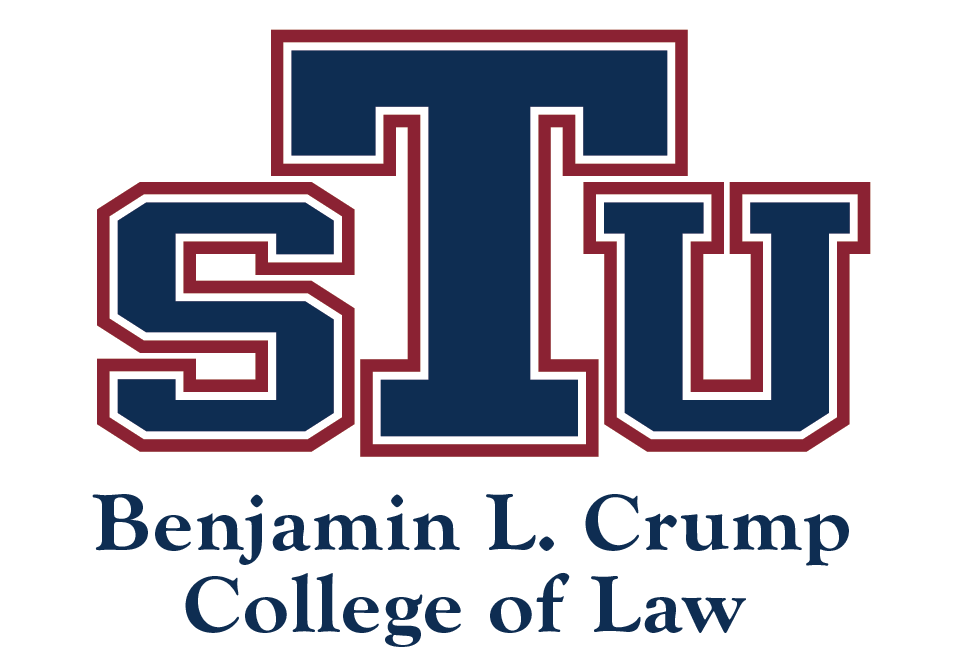

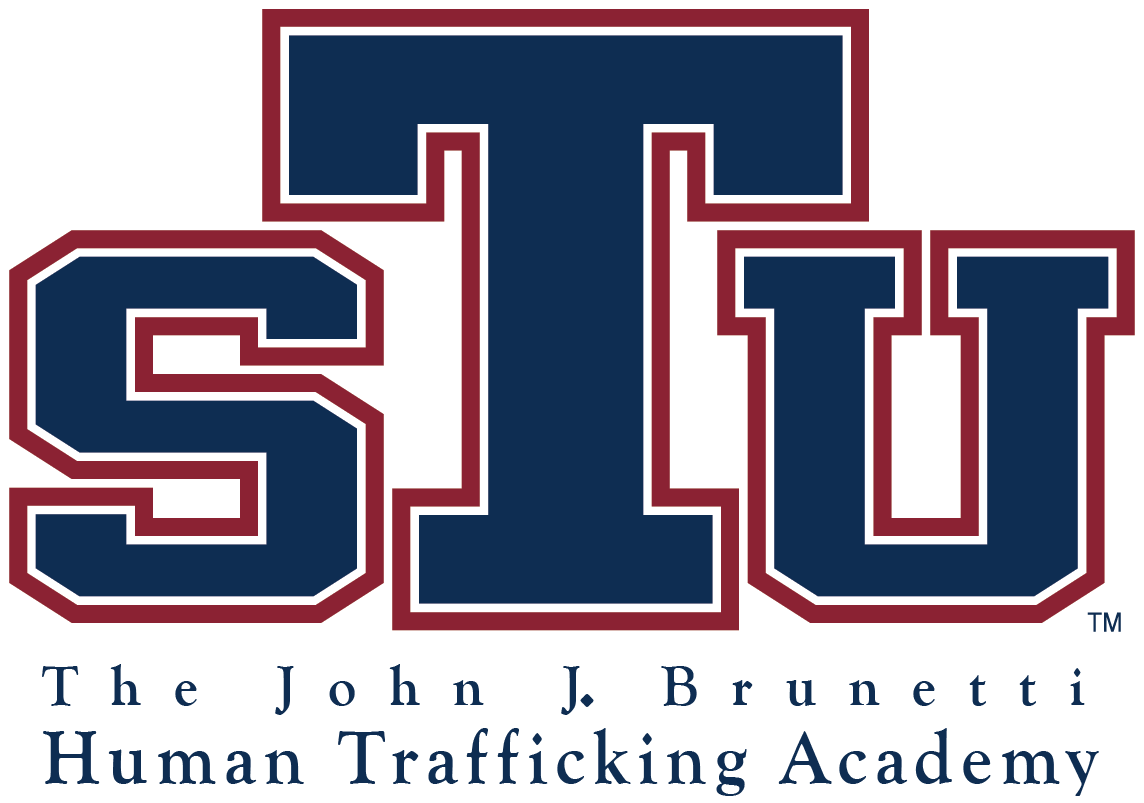

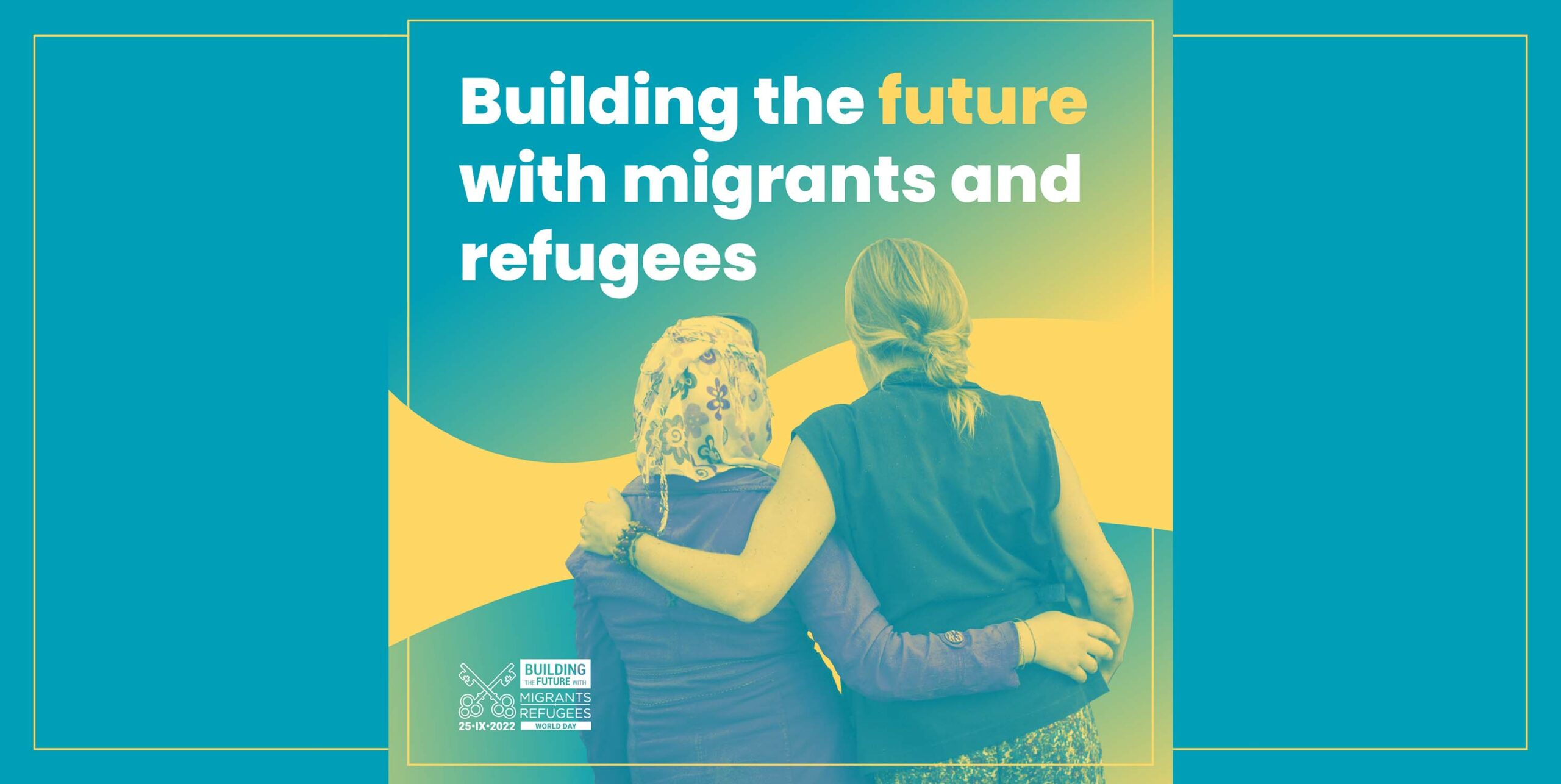
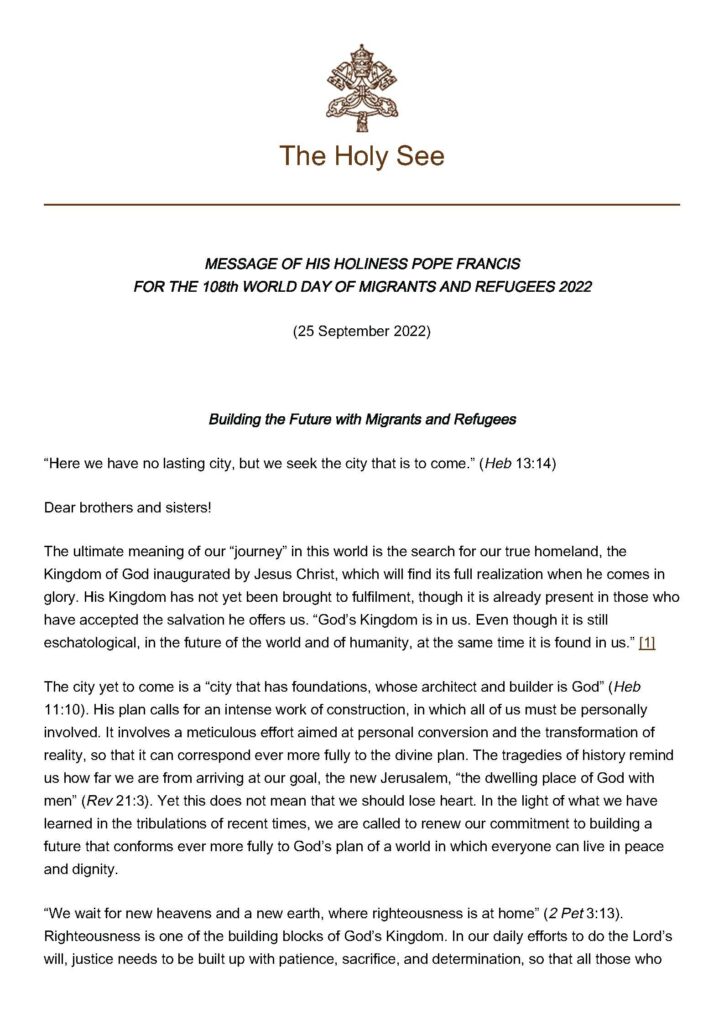
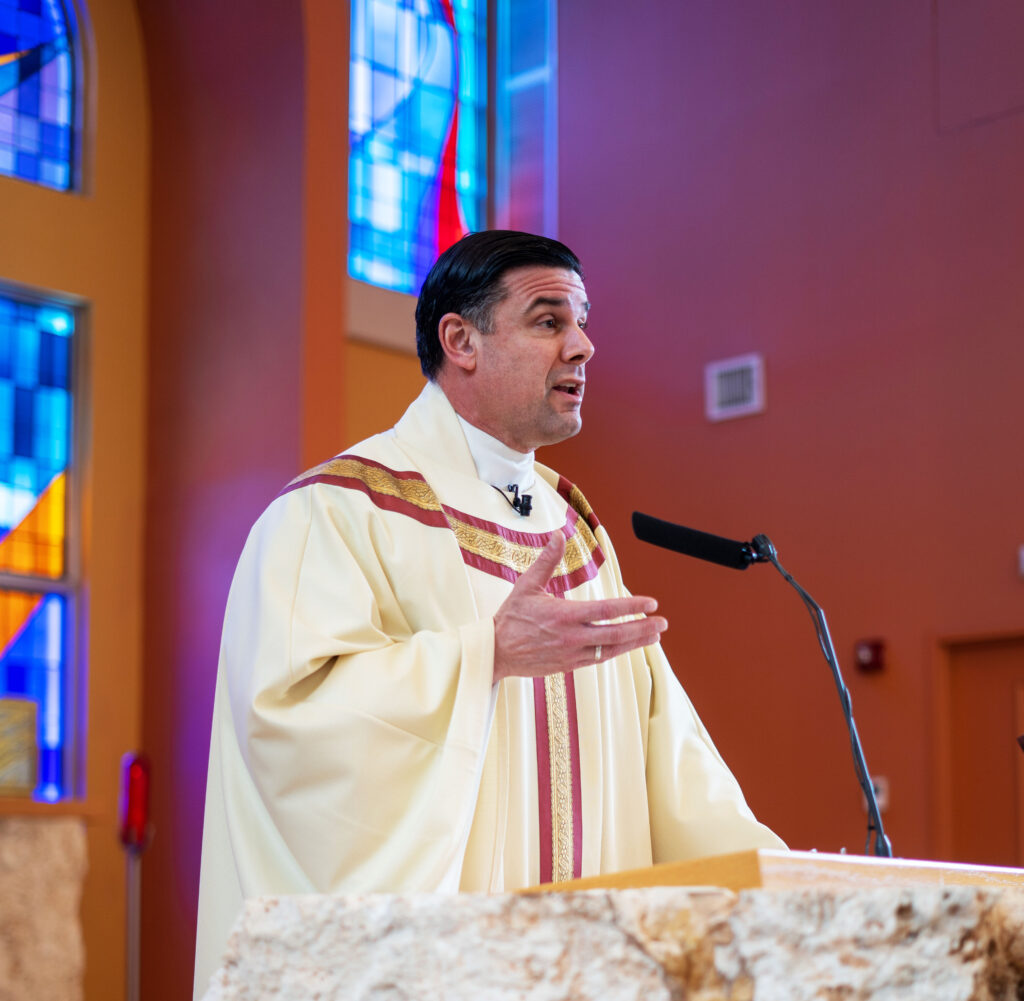
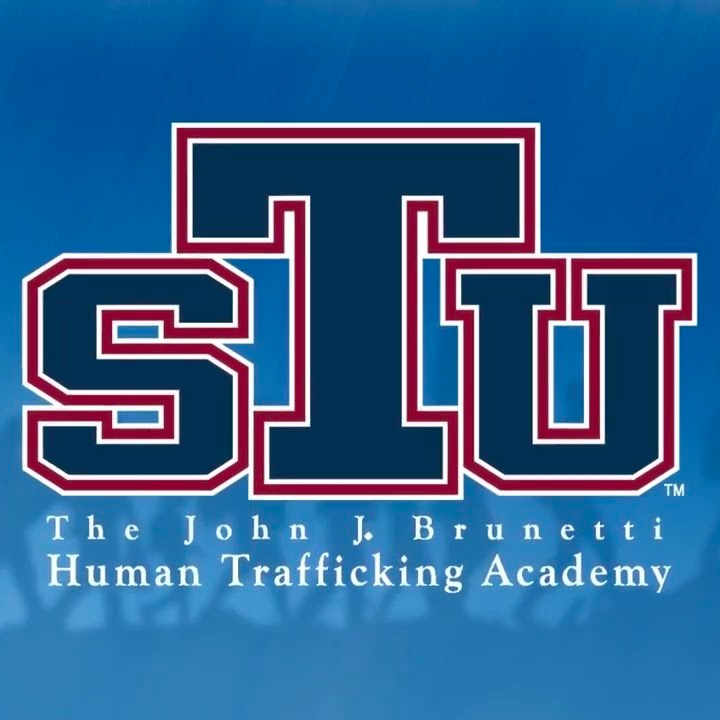
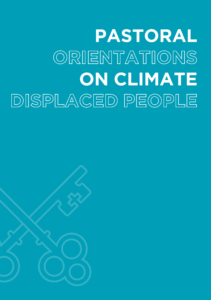 Pastoral Orientations on Climate Displaced People 2021
Pastoral Orientations on Climate Displaced People 2021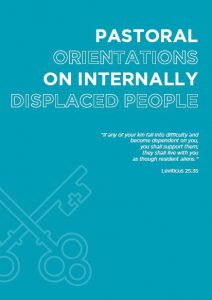
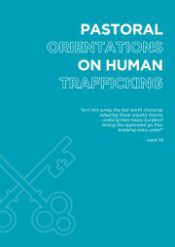
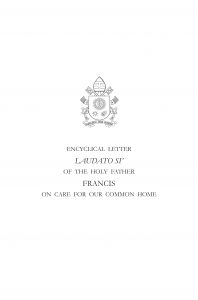 Laudato Si’: On Care for Our Common Home
Laudato Si’: On Care for Our Common Home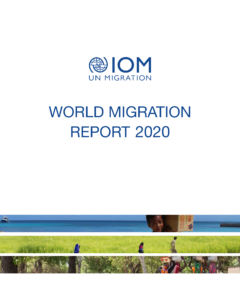 World Migration Report 2020
World Migration Report 2020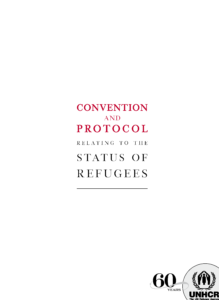
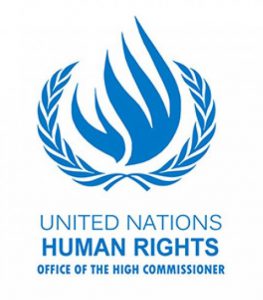 International Convention on the Protection of the Rights of All Migrant Workers and Members of Their Families
International Convention on the Protection of the Rights of All Migrant Workers and Members of Their Families

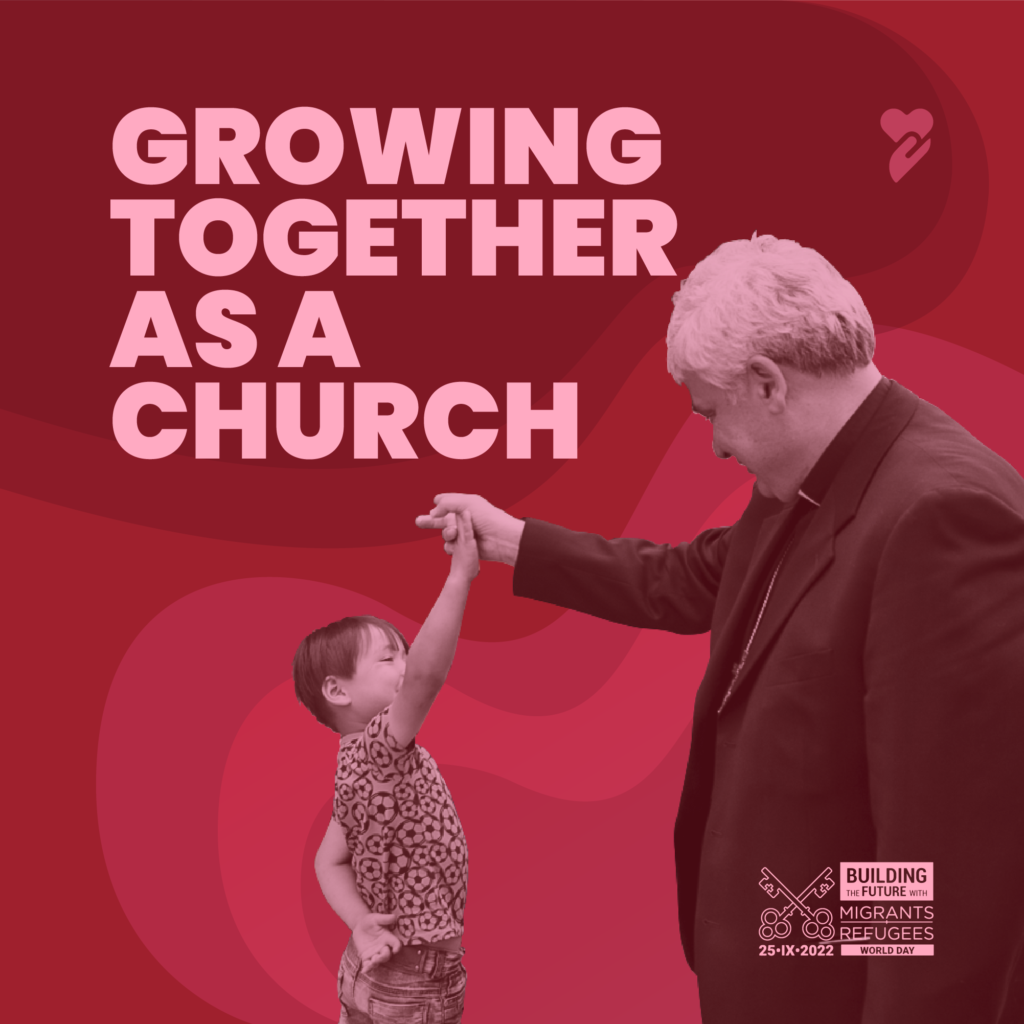


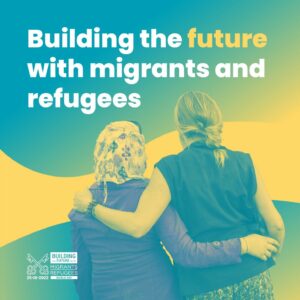
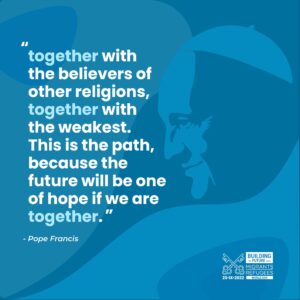
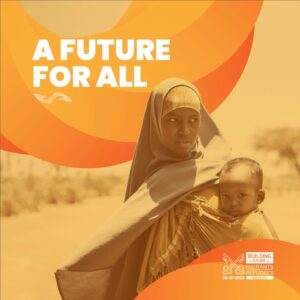
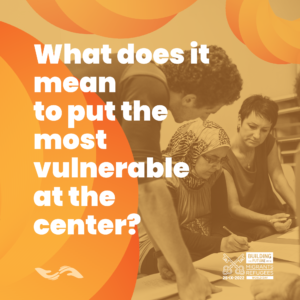
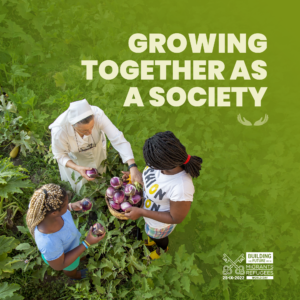
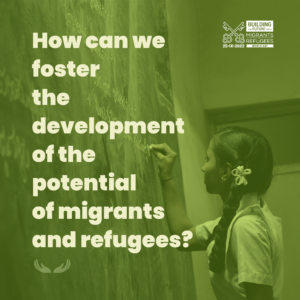
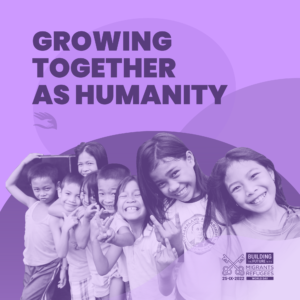


 The Honorable Kwami Adoboe-Herrera
The Honorable Kwami Adoboe-Herrera
 Professor Brendan M. Conner
Professor Brendan M. Conner  Professor Linh K. Dai
Professor Linh K. Dai



 The Honorable Bella Hounakey
The Honorable Bella Hounakey
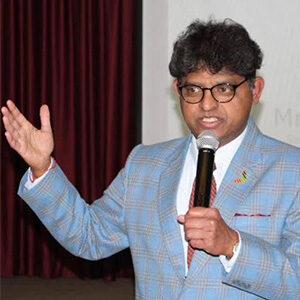 The Honorable Harold D’Souza
The Honorable Harold D’Souza Prof. Dr. Roza Pati
Prof. Dr. Roza Pati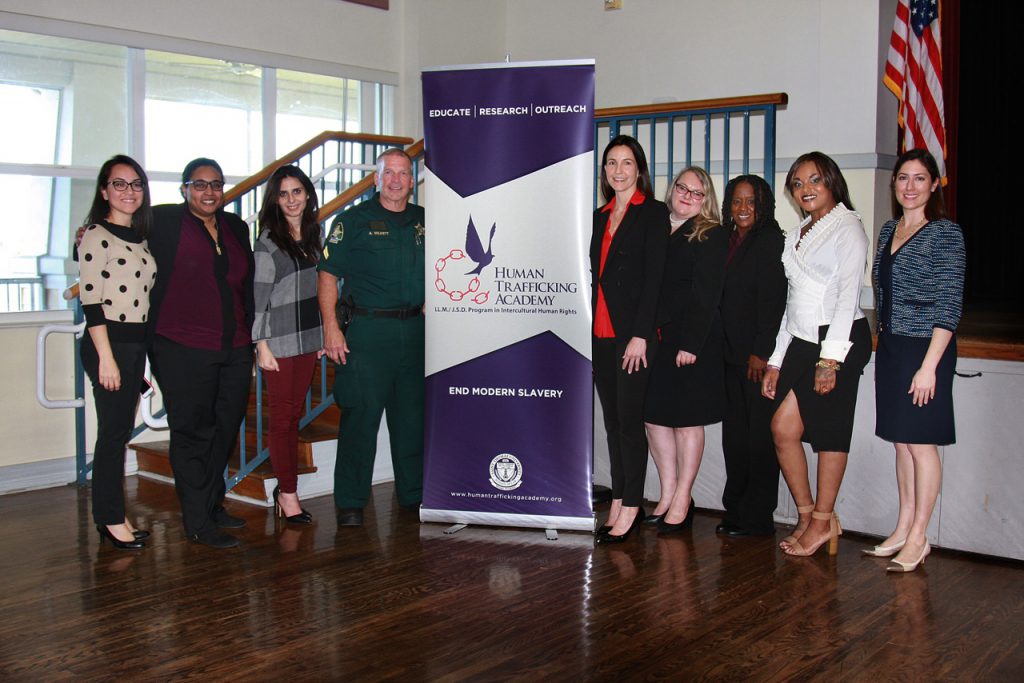
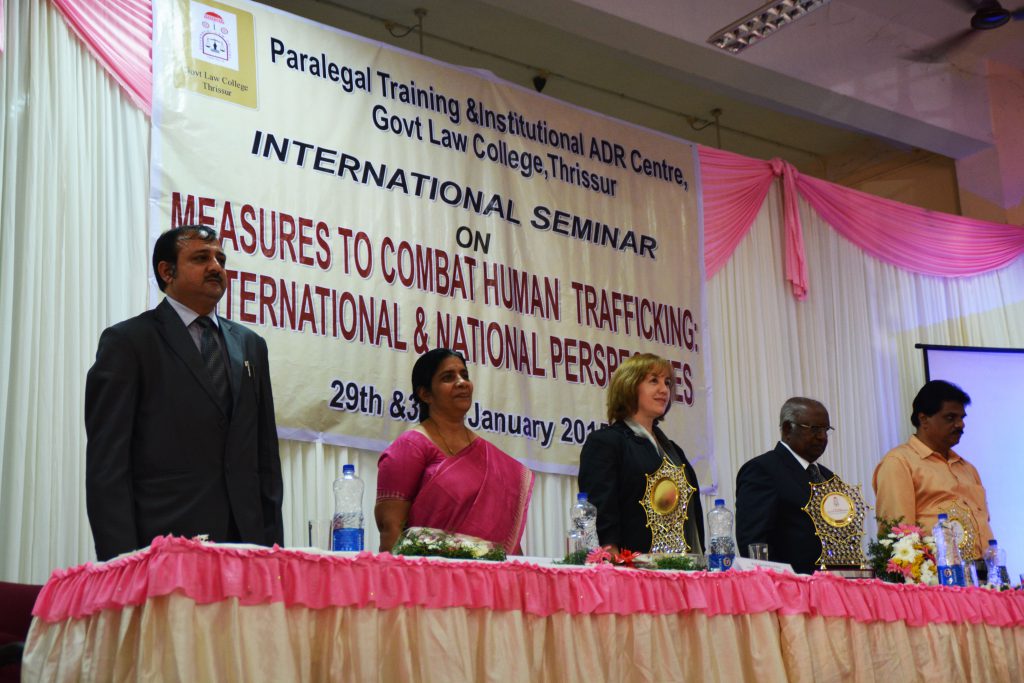
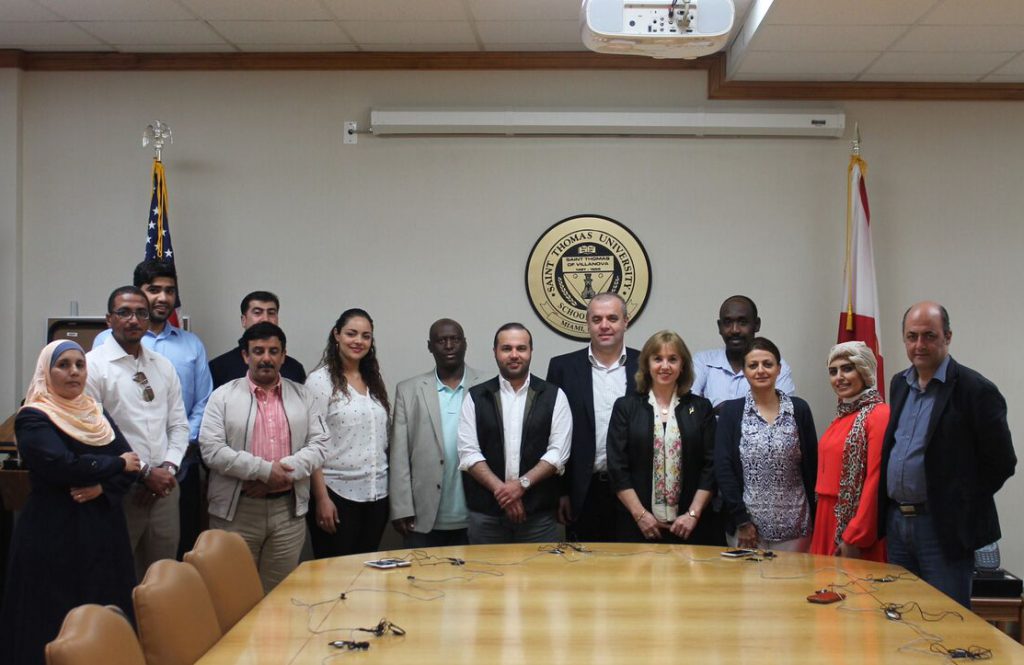
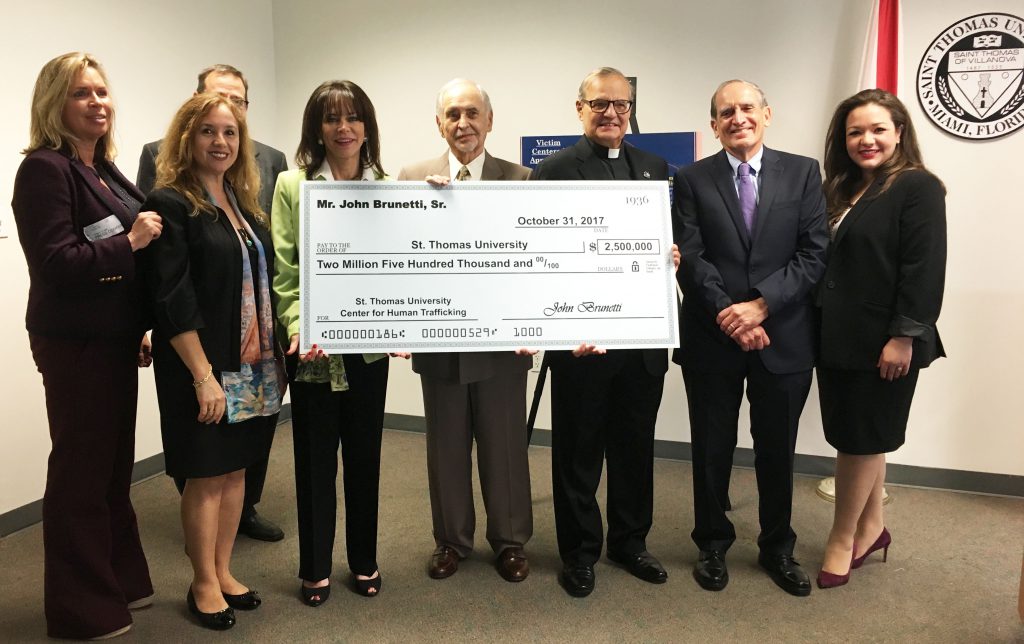

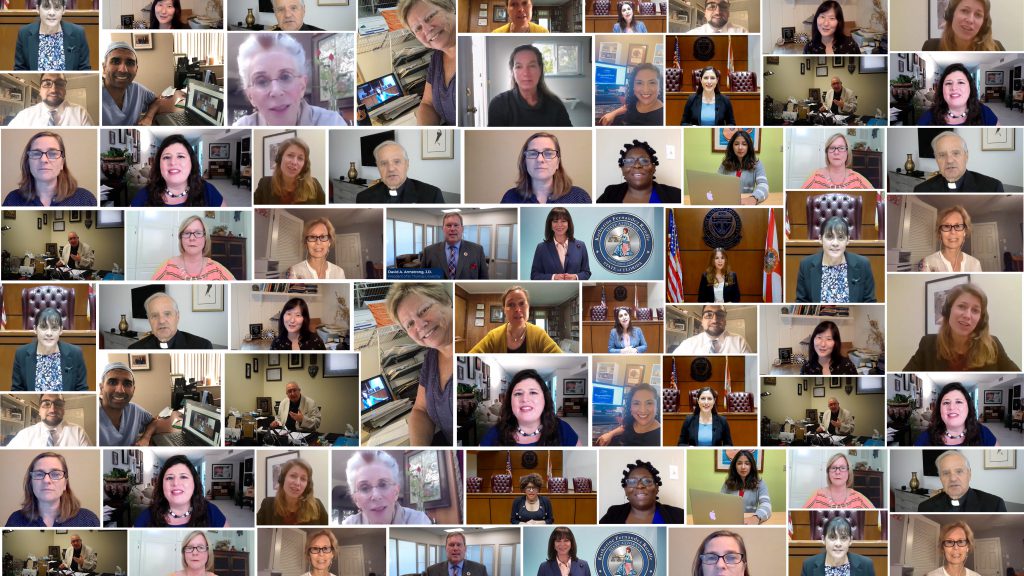
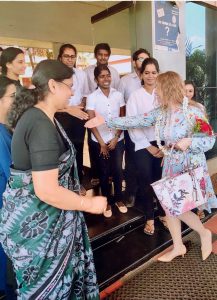
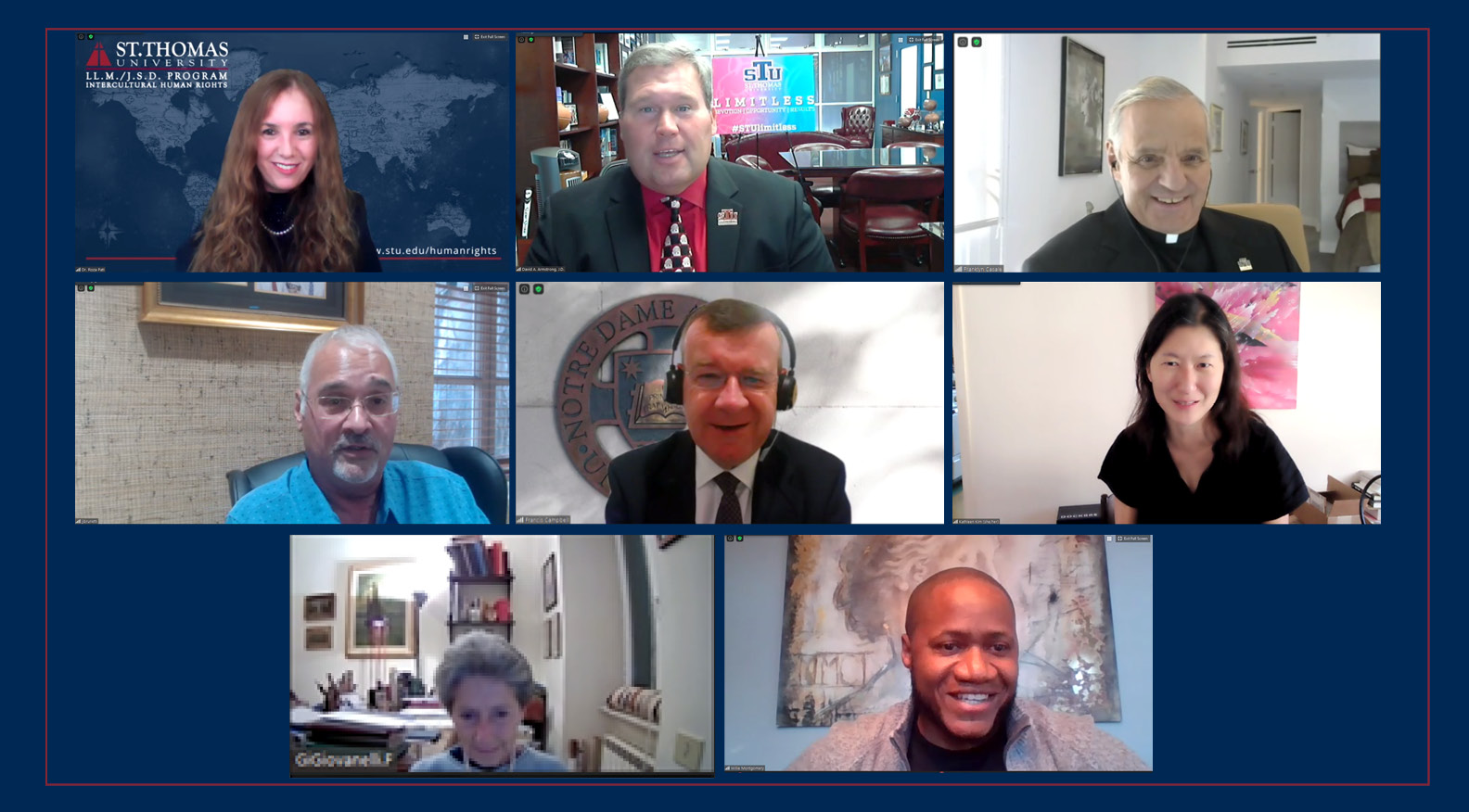
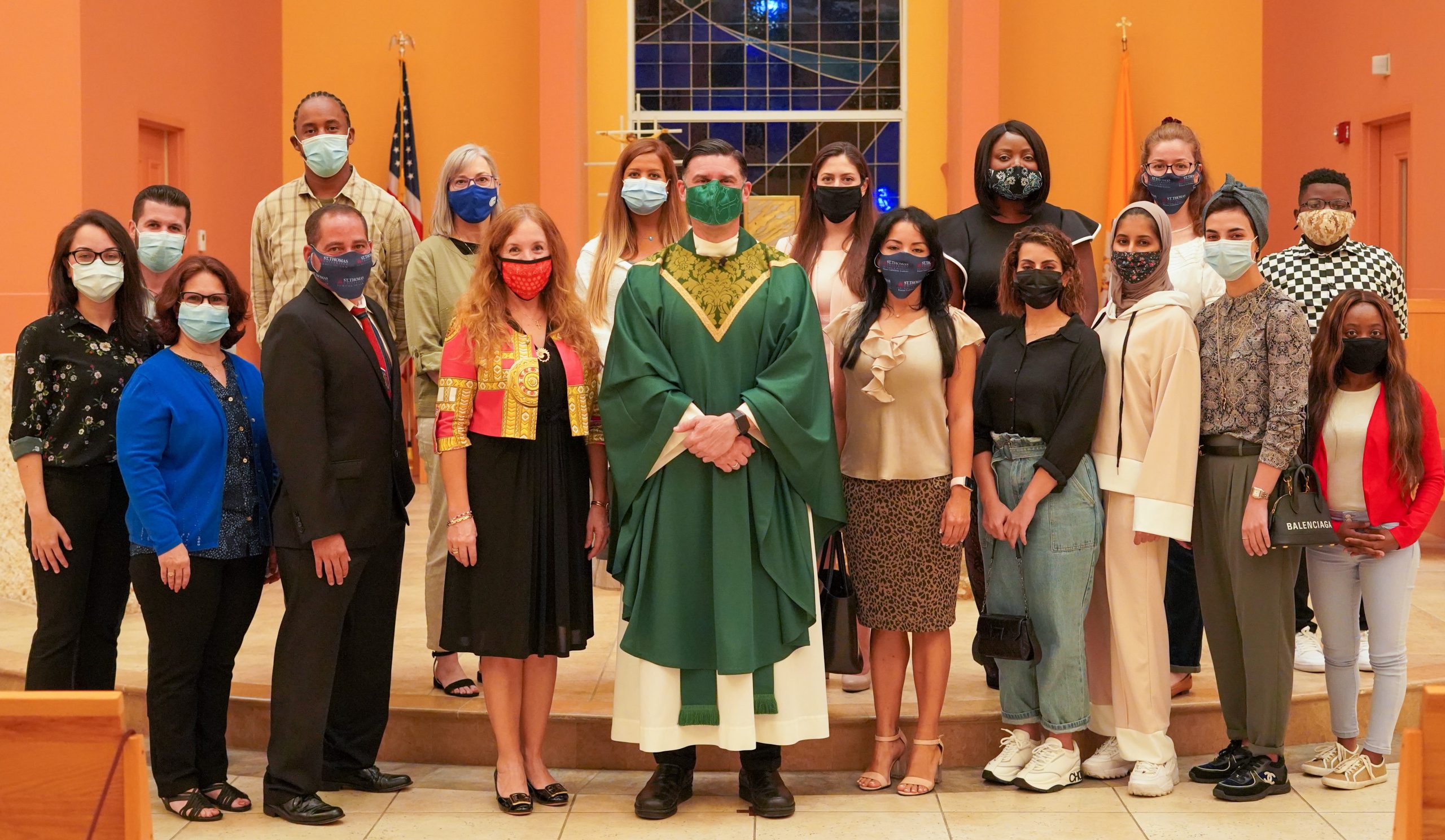
 Ramona D. Miller
Ramona D. Miller Detective Krysten Ridenour
Detective Krysten Ridenour
 The Honorable Amira D. Fox
The Honorable Amira D. Fox Juliana Diaz, LMHC
Juliana Diaz, LMHC Crystal Lee Hamilton
Crystal Lee Hamilton Erika Pineros, LMHC
Erika Pineros, LMHC M. Kazam Hashimi
M. Kazam Hashimi
 Maryem Reyes
Maryem Reyes
 Jennifer Reyes Lay
Jennifer Reyes Lay Sloane Davidson
Sloane Davidson
 Ana I. Vallejo, Esq.
Ana I. Vallejo, Esq. The Honorable Suamhirs Piraino-Guzman
The Honorable Suamhirs Piraino-Guzman Caroline Chisholm
Caroline Chisholm Imelda Medina, MD, MPH
Imelda Medina, MD, MPH
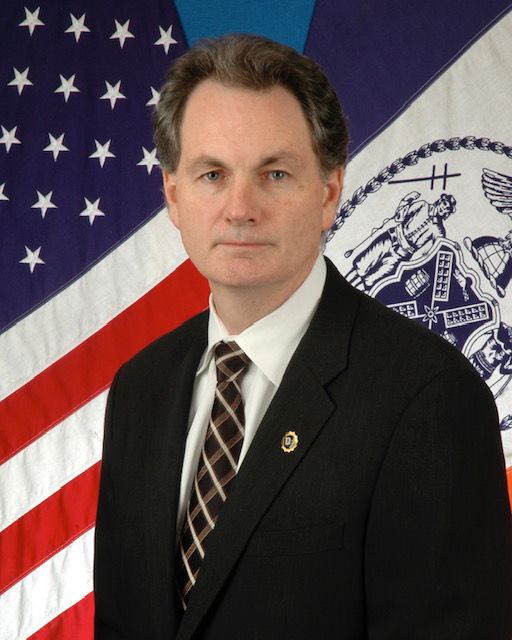
 Kutisha T. Ebron
Kutisha T. Ebron The Honorable Kwami Adoboe-Herrera
The Honorable Kwami Adoboe-Herrera Rebekah Charleston
Rebekah Charleston
 Maria Florencia Cornu Laport, Esq.
Maria Florencia Cornu Laport, Esq.





 Maria Vega
Maria Vega




 Gabriela DeBellis
Gabriela DeBellis Lerina Bright
Lerina Bright

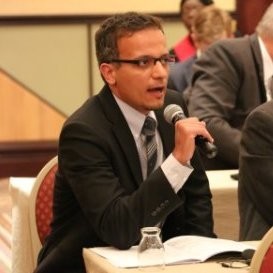

 Ronke Giwa Onafuwa
Ronke Giwa Onafuwa




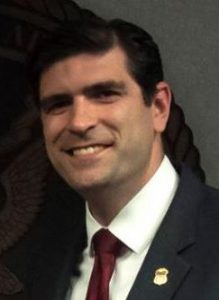

 Myriam Mézadieu
Myriam Mézadieu Thear Suzuki
Thear Suzuki Mary Anne Silvestri
Mary Anne Silvestri

 Susan Patterson
Susan Patterson Jordan Bruxvoort
Jordan Bruxvoort